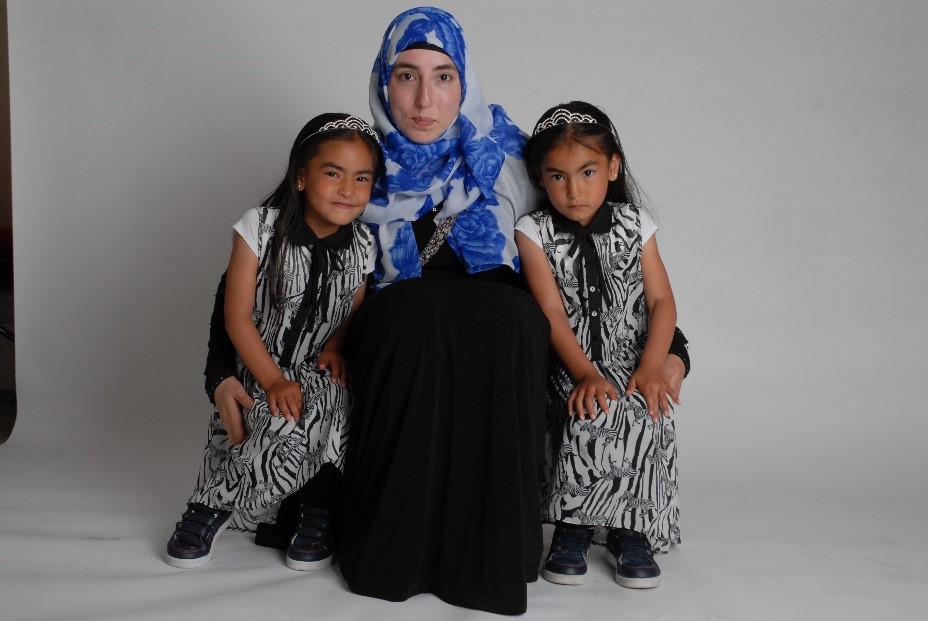Impact of March-June 2020 lockdown on mental health: mothers in the Born in Bradford study

Using survey data from 1860 mothers of children aged 0-5 or 9-13 in the Born in Bradford cohort (48% Pakistani heritage), researchers have assessed clinically important increases in depression/anxiety before and during the first UK Covid-19 2020 lockdown, and factors relating to this change, with a particular focus on ethnic differences. Only three UK studies have compared mental health in the pre-Covid-19 period with that in lockdown, but most participants were of white European origin, and the largest study was in a relatively affluent population. This new research was conducted in a highly ethnically diverse population, the majority of whom live in the most deprived centiles in the UK. The number of women reporting clinically important depression/anxiety increased from 11% to 20% and 10% to 16% respectively, with increases associated with loneliness, finances, food and housing insecurity, lack of physical activity, and a poor partner relationship. The magnitude of associations between key exposures and worsening mental health varied between ethnic groups. The complex inter-play of challenges contributing to mental ill health included acute health anxieties, the mental load of managing multiple responsibilities, loss of social support and coping strategies, pressures of financial and employment insecurity, and being unable to switch off from the pandemic. Co-author Trevor Sheldon said that the paper shows that mental ill health during the lockdown worsened for many, particularly among the lonely and economically insecure, and that the magnitude of associations between key exposures and worsening mental health varied between ethnic groups.
Dickerson J, Kelly B, Lockyer B, Bridges S, Cartwright C, Willan K, Shire K, Crossley K, Bryant M, Siddiqi N, Sheldon TA, Lawlor DA, Wright J, McEachan R, Pickett KE on behalf of the Bradford Institute for Health Research COVID-19 Scientific Advisory Group. ‘When will this end? Will it end?’ The impact of the March–June UK COVID-19 lockdown response on mental health: a longitudinal survey of mothers in the Born in Bradford study. BMJ Open 2022;12:e047748. doi: 10.1136/bmjopen-2020-047748